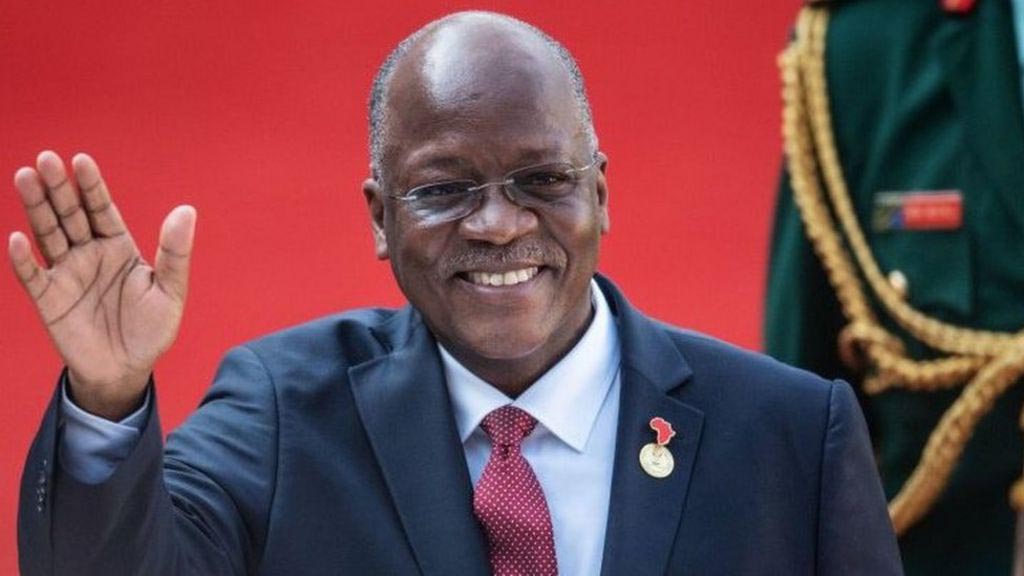Oil & gas sectors in various countries have long been a strategic target for insurgents seeking to undermine the economies of political administrations to which they are opposed, a reality to which several countries in the Middle East can attest. In more recent times, countries in Africa that have recorded potentially lucrative oil finds are faced with the same challenge.
Earlier this week the news source Bloomberg reported that Tanzania and Mozambique are simultaneously confronting the same threat and that the two countries are engaging in a bilateral initiative to combat what is regarded as economic sabotage of a cross-border nature.
The magnitude of the headache for the two African countries, both of which are saddled with struggling economies, can be measured by the yardstick of the multi-billion dollar threat to their economies which the alleged terrorist threat poses.
Last week, Bloomberg reported that the Presidents of the two countries, Mozambican President Filipe Nyusi and his Tanzanian counterpart John Magufuli had met in in the Tanzanian capital, Dar-es-Salaam ahead of an imminent meeting of the Southern African Development Community (SADC) where an attempt will be made to draft a response to what is, in effect, a regional problem in circumstances where the bloc had earlier failed to fashion response-specific strategies despite two meetings last year.
At their recent meeting, the Presidents of Mozambique and Tanzania apparently got no further than an agreement to resume a Joint Commission on defence and security.
Since 2017, insurgents reportedly aligned to the radical Islamic State group have been staging attacks in Mozambique’s Cabo Delgado province that borders southern Tanzania, including occupying a port town in August, where up to an estimated half a million people have been forced to flee the violence.
The violence has reportedly become sufficiently intense to compel the French oil company to evacuate workers from its $20 billion liquefied natural gas export project, said to be Africa’s biggest private investment yet, the violence having reached its concession area. Regional analysts have reportedly asserted that the
continuity of the project which is seen as a potential game-changer for the economies of the two countries, could depend on the ability of the two
capitals to provide effective security responses.
Mozambique, Bloomberg says, hopes to reap as much as US$96 billion in revenues from the project over the next 25 years and other planned initiatives including a US$40 billion project in which ExxonMobil is reportedly involved.








